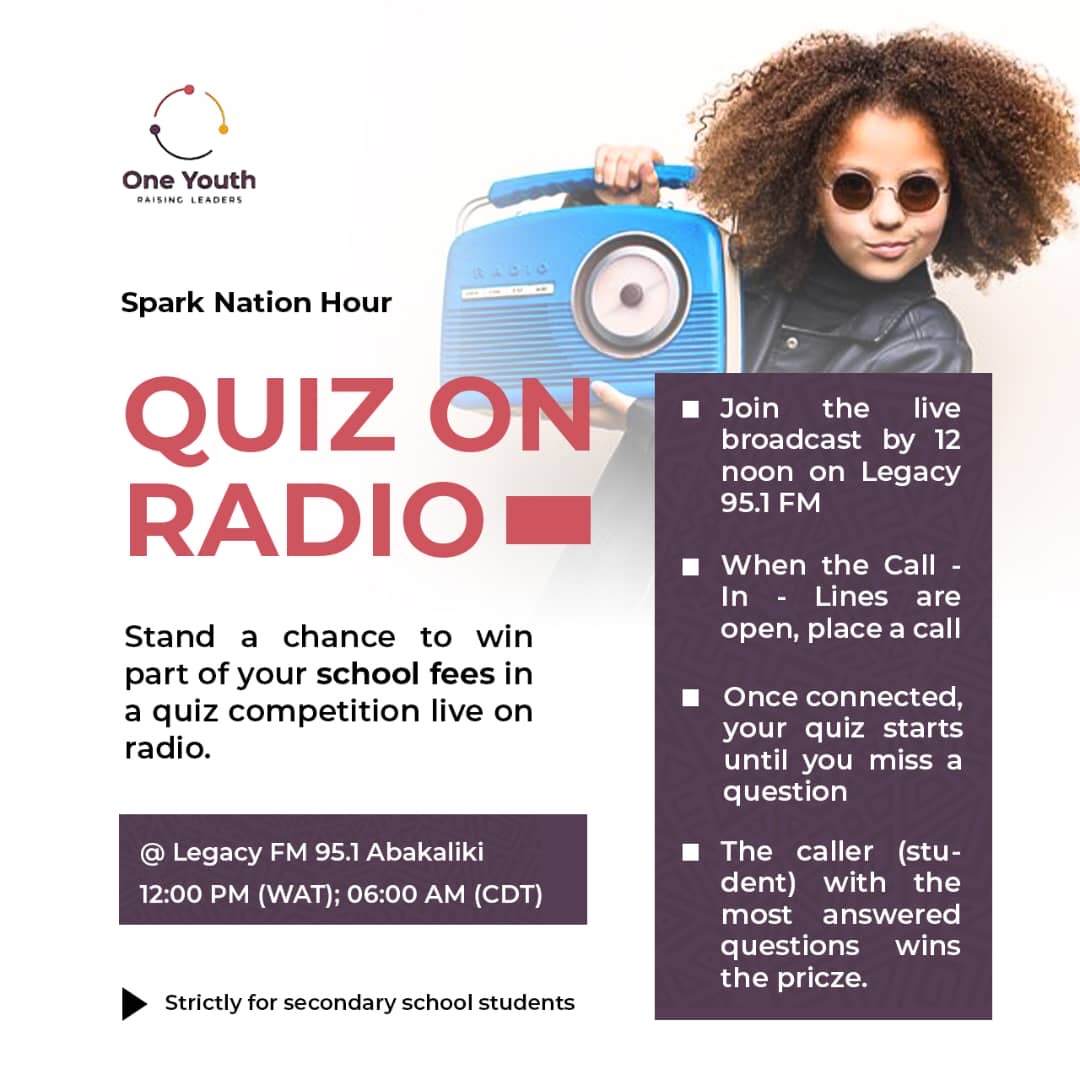In the first part of this article, we explored business ideas that not only promise profit but also preserve and promote Ebonyi’s cultural and traditional identity. From crafts to food processing rooted in heritage, we showed that business can be a tool for both income and cultural continuity.
However, tradition alone does not drive an economy. For Ebonyi State to grow its entrepreneurial landscape, we must also embrace business ideas that meet modern-day demands while staying within a modest startup budget.
One such business is online retail of local products. While traditional markets remain vital, the digital shift is undeniable. With less than ₦1 million, aspiring entrepreneurs can set up an online storefront—either via social media or e-commerce platforms—and begin selling Ebonyi-made goods like rice, garri, yam flour, and snacks to a wider audience. The logistics may be simple at first—sourcing from local producers and delivering through courier partners—but the growth potential is massive, especially with effective branding.
Next is event planning and decoration, a thriving industry in Ebonyi where celebrations are not just common but culturally significant. From weddings and traditional rites to birthdays and town hall events, people are constantly in need of decorators and coordinators. With a small investment, you can acquire basic decor items and start building a portfolio. Deliver excellence, and word-of-mouth will do the rest—especially in closely-knit communities.
Another lucrative option is buying, storing, and reselling local staples. Palm oil, garri, rice, ogbono, and crayfish often experience seasonal price fluctuations. Buying during the harvest season and reselling during periods of scarcity can yield returns of 30–100%. The business requires good timing, clean storage, and some negotiation skills, but it’s a tested and trusted model across Ebonyi.
Lastly, there’s a growing demand for laundry and dry-cleaning services, especially in Abakaliki and other urban centers. With less than ₦1 million, you can rent a small space, get a washing machine, generator, pressing iron, detergents, and branded packaging materials. Even without industrial-grade machines, you can serve students, busy professionals, and families who need reliable laundry support.
Each of these ideas is practical, scalable, and suited to the Ebonyi market. But more importantly, they remind us that even outside traditional crafts and customs, young people in the state can still build dignified livelihoods with small capital.
It’s time to take bold steps—not just to preserve our culture, but to also meet today’s needs and prepare for tomorrow’s opportunities.
Got insights on politics, economy, governance, or society? Share your perspective! Submit your opinion pieces and contribute to meaningful discussions. Send your submissions to ebonyinews.ng@gmail.com.

